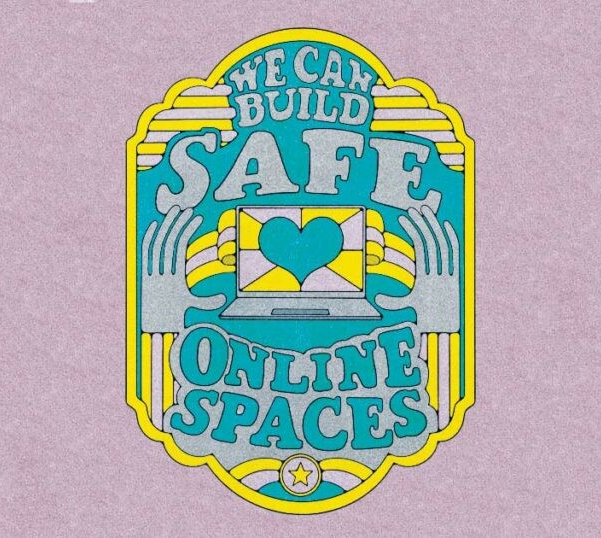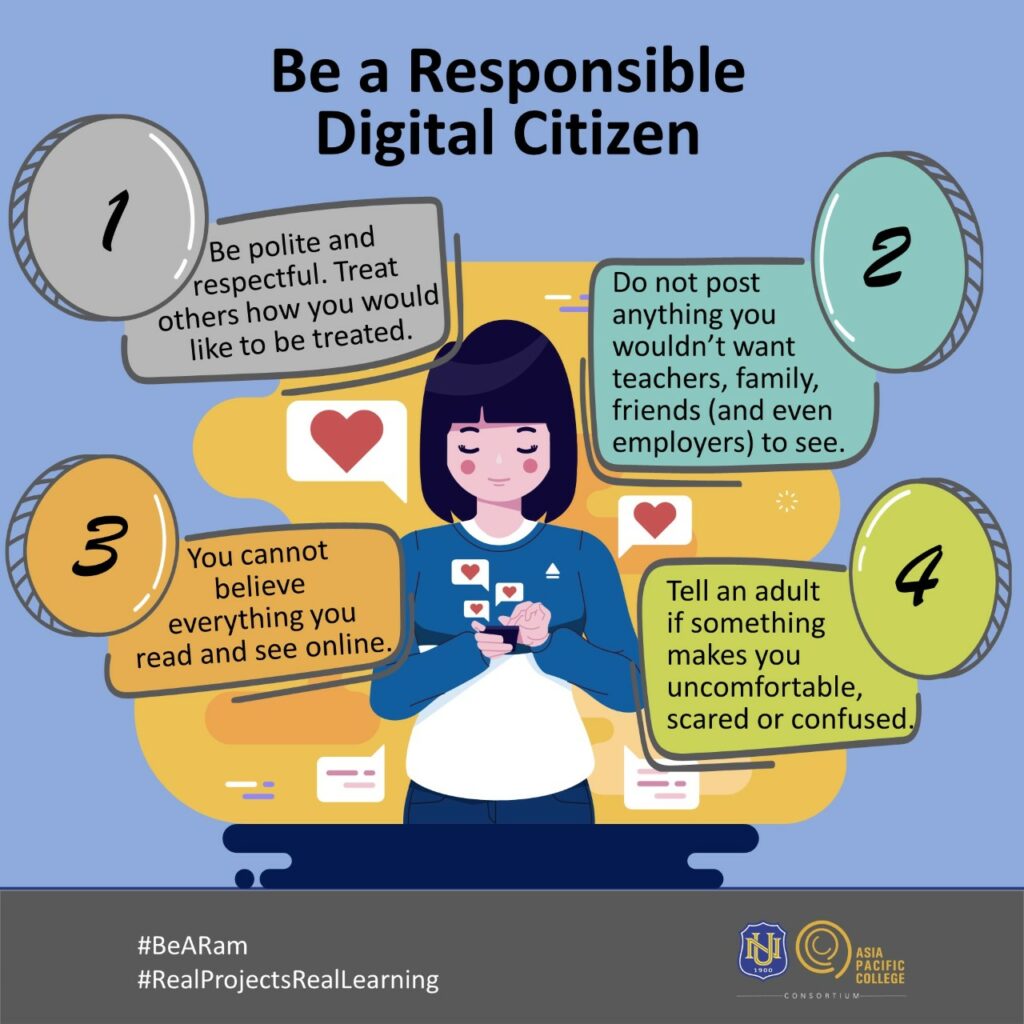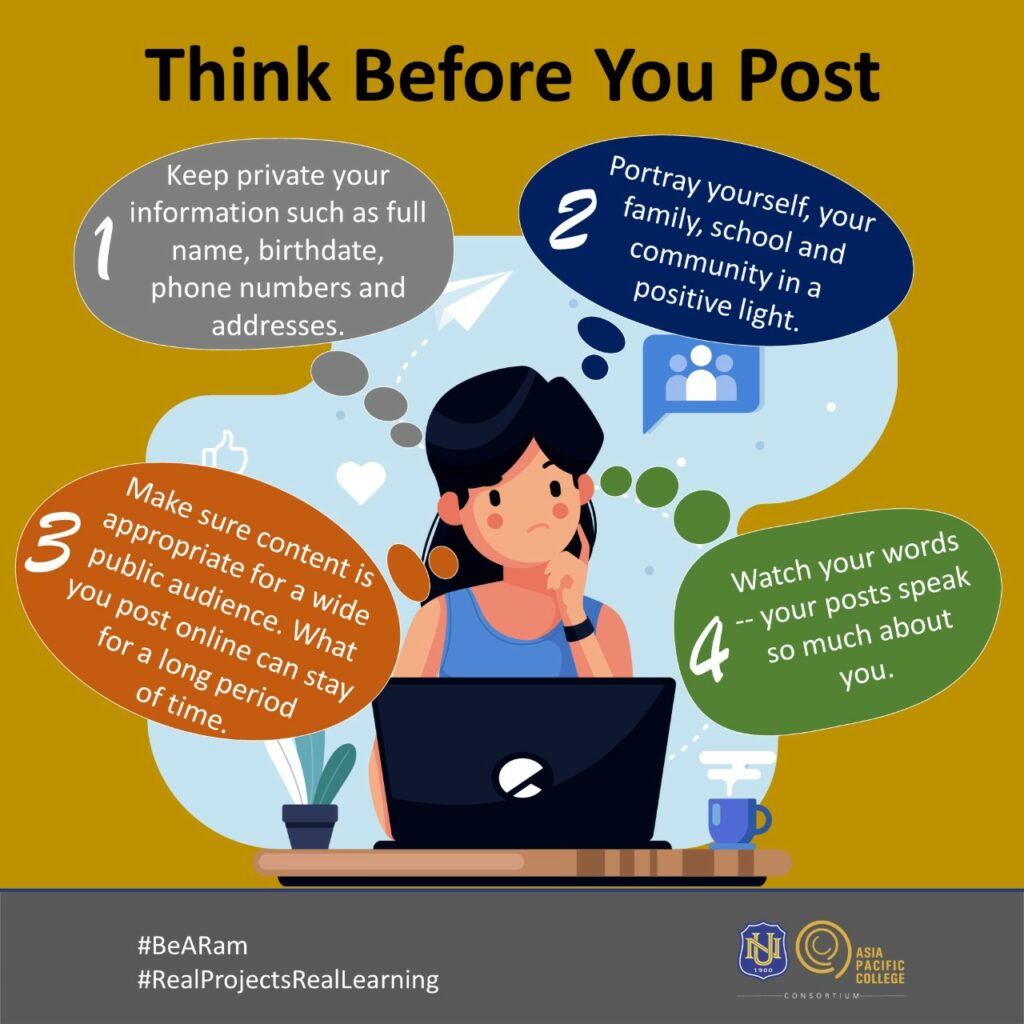
Social Media
Social media has transformed how we broadcast our lives, adding complexity to our discourse and information sharing. It often provides only a partial view of events, as content is curated and shared by individuals. Our society is not ready from the rapidly advancing technologies and moving away from a ‘one source’ bias to a more fragmented and diverse information landscape. Thus, we need to dig deeper for the whole story when looking at information and understand different people have different views.
AI Use and Abuse
AI plays a significant role in our lives, from enhancing productivity to influencing decision-making. However, it is essential to recognize that AI systems often rely on data provided by humans, which can lead to biases and errors. As well as not possessing the complexity of human kind. Any work done using AI must be used in a collaborative manner and as a support. While AI can be a valuable tool, it is crucial to understand its limitations and the potential for misuse.
Consent and Respect
Digital consent and respect are vital in the online world. It is essential to respect individuals’ choices regarding their self-image and personal information.
Photos and content shared in trust should not be considered property, and individuals have the right to request deletion. Parents, educators, and caregivers should set realistic boundaries and foster a collaborative and safe digital environment.
Poster from National Sexual Violence Resource Center

Professionalism/Responsibility for Educators
Educators and professionals must understand and adhere to policies and expectations regarding technology use. This includes maintaining professional boundaries, using appropriate communication channels, and being aware of the consequences of sharing personal information online.

Teachers should not share student information or images on personal social media accounts and must balance professional expectations with personal privacy; have a strong separation.
Teachers also must say something when they see their students engaging with unsafe activities.
What It Means For Students
Students need guidance to navigate the digital world responsibly. Educators should meet students where they are, understanding their slang and interests, and teaching them to reach out and not be afraid of failure. Integrating tech with the 4 C’s of digital literacy; critical thinking, creativity, communication, and collaboration will help students make sense of their experiences and uphold values that will empower them in the reality they live in.
Lesson Kit from Media Smarts (Canada’s Centre for Digital Media Literacy):
2 posters from Asia Pacific Collage – Be a Responsible Digital Citizen:


Academic Services | Be a Responsible Digital Citizen | Asia Pacific College

Sorry, but comments are not enabled on this site.